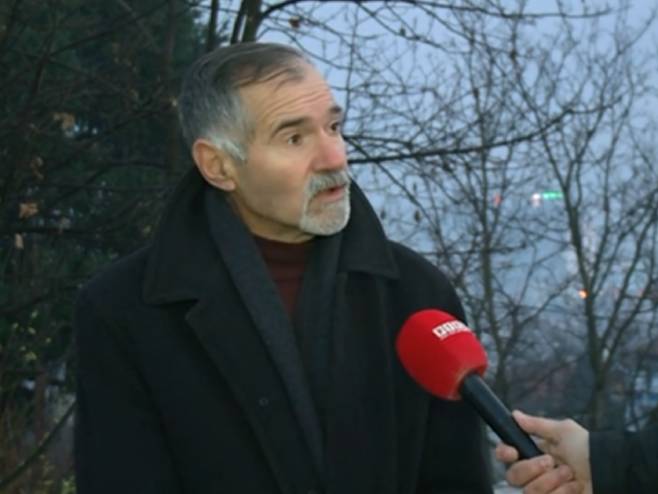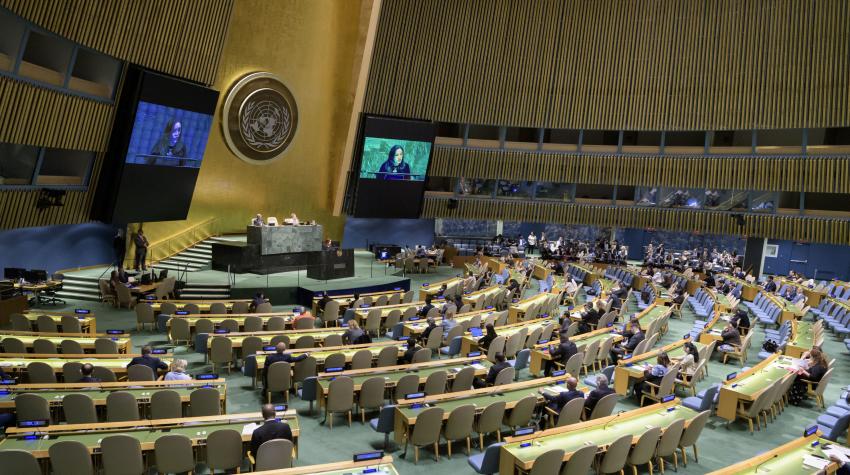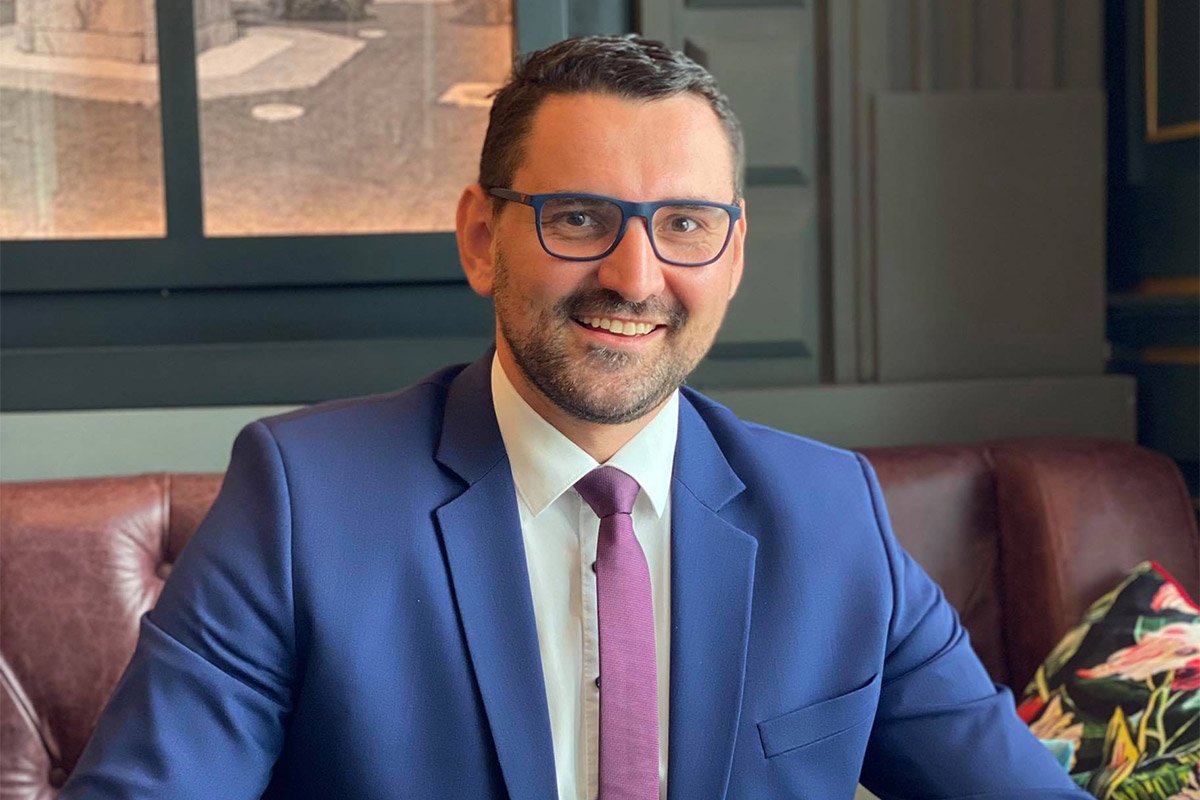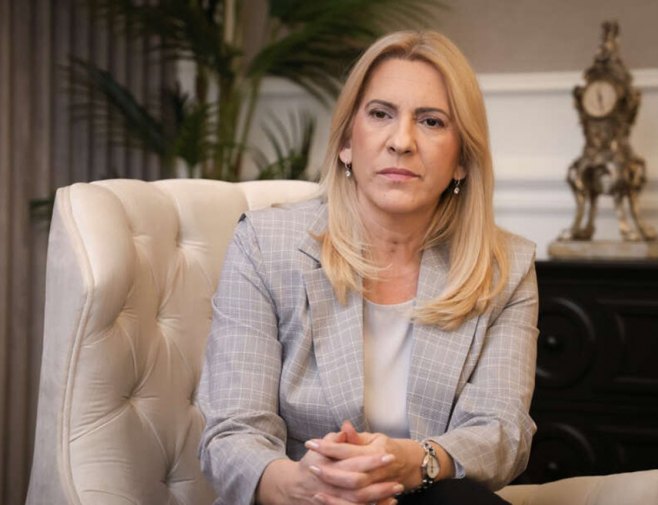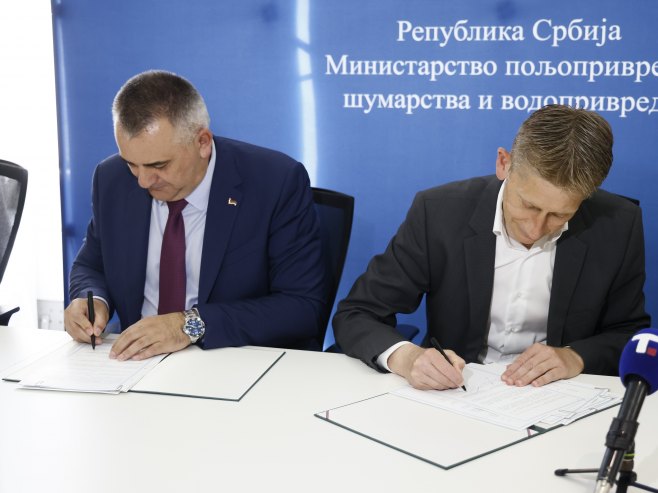Željko Budimir, the Minister for Scientific-Technological Development and Higher Education of Republika Srpska, has expressed strong objections to the portrayal of Serbs as genocidal. He emphasized that this is particularly egregious given that Serbs have suffered the most substantial genocide in the Balkans and Southeast Europe. He described the Bosniak initiative regarding the Srebrenica resolution at the UN General Assembly as a dangerous and unconstitutional diversion against both Republika Srpska and the Serb people.

Budimir warned the citizens of Republika Srpska of the dangers looming, suggesting that the likely goal would be a rapid amendment of the “Inzko Law” which penalizes the denial of genocide. “The intent is to categorize a people, who have endured the most significant genocide in the Balkans and among the three nations that suffered the most in World War II, as genocidal, thereby treating Republika Srpska in the same vein,” Budimir told reporters in Banja Luka.
He underscored the necessity for the Serb people to demonstrate that they are victims of the entire 20th century and the most afflicted people in Southeast Europe, not the perpetrators as they are being portrayed.
“This is why the stance of the National Assembly, as the highest legislative body of Republika Srpska, is crucial to democratically show that this labeling as genocidal is not acceptable, and that the Serb people cannot consent to such a portrayal. Moreover, sovereignty originates from the Serb people who must demonstrate that they have been the victims throughout the 20th century and are a historically significant people who have brought nothing but freedom to others,” Budimir emphasized.
To compound the issue, Budimir highlighted that the resolution was proposed by Germans who are responsible for genocide against the Serbs during World War II, including the Holocaust, and are culpable for the deaths of nearly 80 million people.
He also made a stark comparison with Rwanda, where over a million people were massacred with machetes in inter-ethnic violence, overlooked by UN peacekeepers, paralleling it with the historical genocide committed by the Turks against Armenians at the end of World War I.
Budimir’s remarks underscore a deep-seated resistance against international pressures and a profound concern over historical narratives and their implications for the Serb people and Republika Srpska.
Source: RTRS

